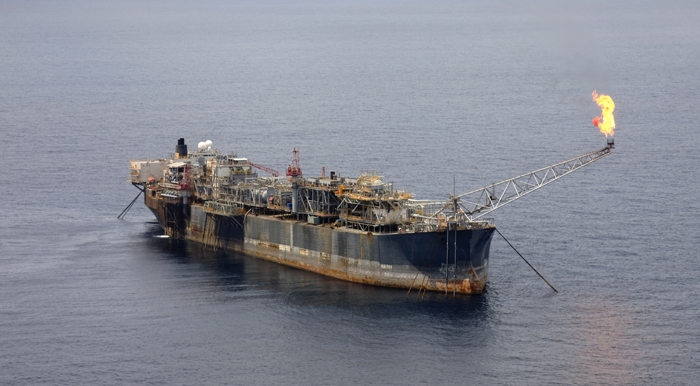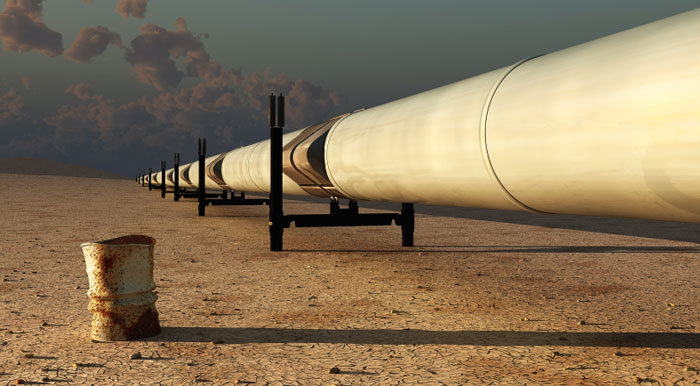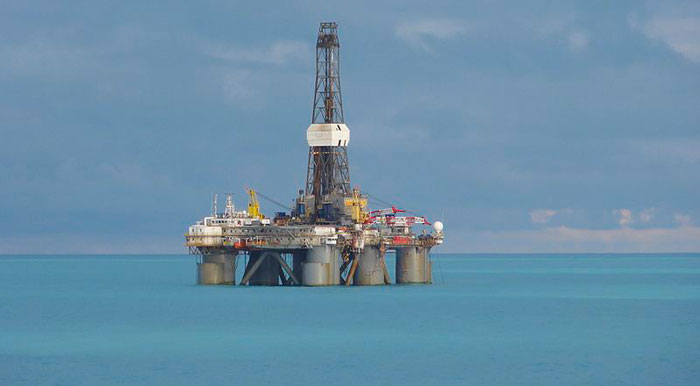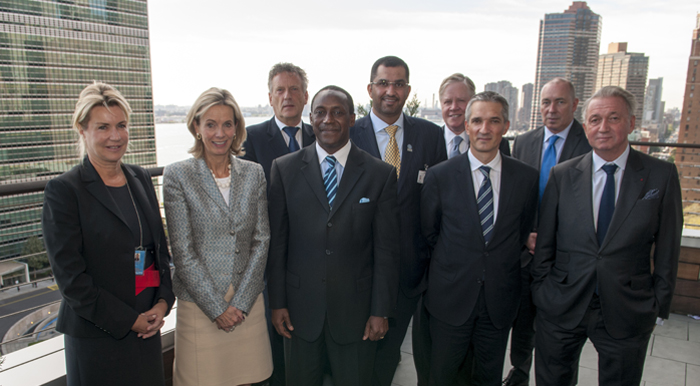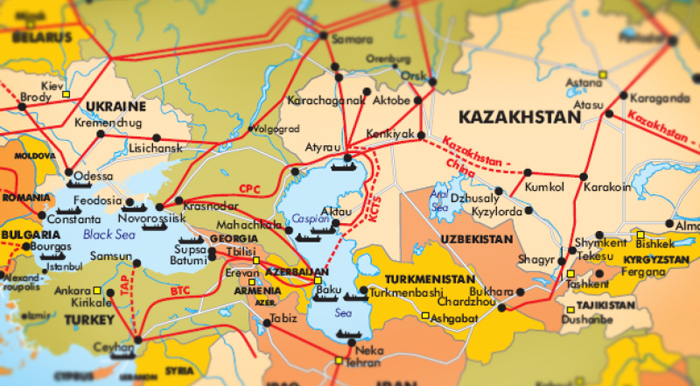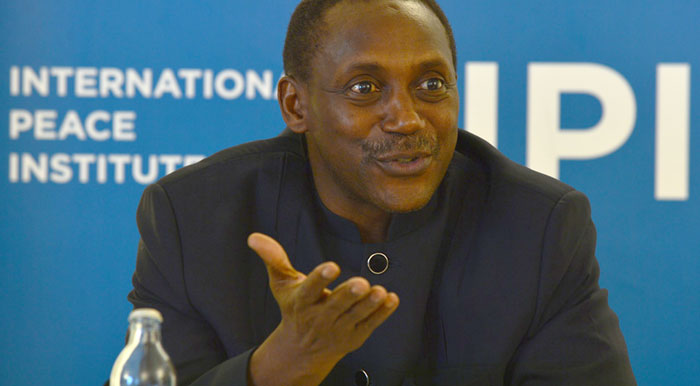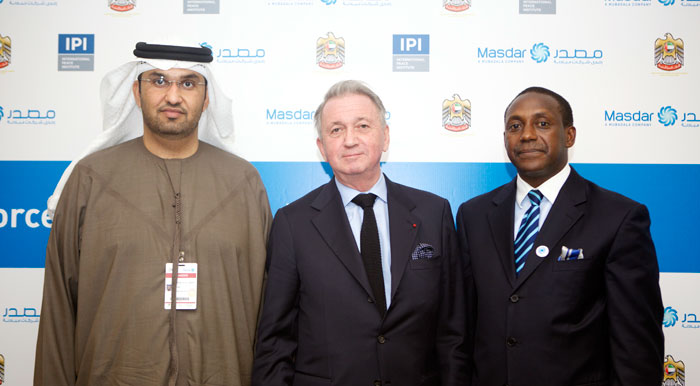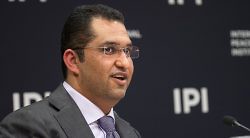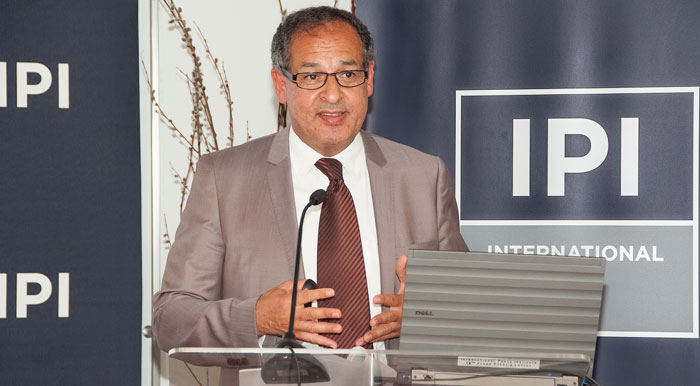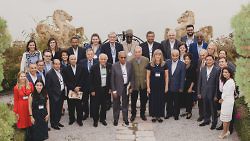
A new geopolitics of energy is transforming the Middle East and North Africa. Energy importing countries are turning into exporters, and exporter countries are relying more on energy-related imports. Liquefied natural gas has changed the nature of the game, and investment in renewable energy is at an all-time high.Meanwhile, the flipside of energy abundance is […]
Read more